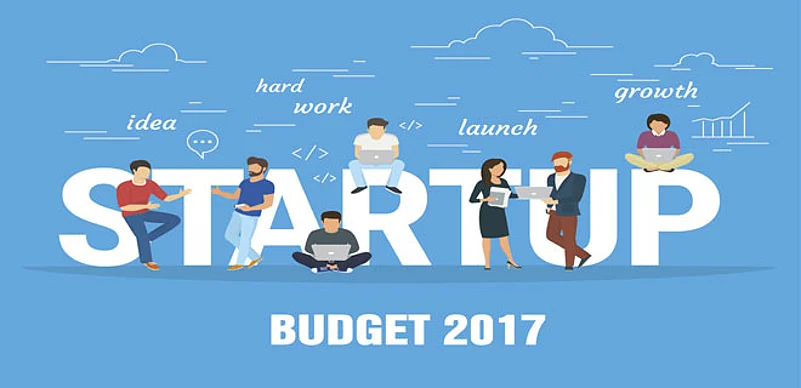We take a look at a couple of key budget announcements that will impact start-ups. The profit (linked deduction) exemption available to the start-ups for 3 years out of 5 years is changed to 3 years out of 7 years.
Says Geetika Dayal, Executive Director, TiE Delhi-NCR, “The earlier bracket of exemption 3 out of 5 years was only a positive on paper while the revised bracket of 3 out of 7 yrs will draw actual benefits for entrepreneurs. Initial profits of a start-up are usually re-invested in the enterprise to ensure cash flow for further growth which is crucial in the first five years and thus tax-emption will ease the re-investment, making investors depend less on outside investments.”
Mostly start-ups start making profits from the 4th and 5th year onwards and now they can offset losses in the first few years against the profits of year 4-7 which is a more reasonable time frame.
“The increase in this window for availing tax benefit will give more time to start-ups to reach a stage when they start earning profits before they exercise their option for income tax exemption,” says Akshay KR Singh, Founder of Wishbells, a celebration Management brand.
Agrees Sanjay Choudhary, entrepreneur and growth consultant and co-founder Crowdinvest, a globally trusted marketplace for investors and entrepreneurs, “The Government's decision to relax income tax liabilities for startups will encourage angel and seed investors to invest in the start-up landscape,” he says.
The budget also says that ‘For the purpose of carry forward of losses in respect of start-ups, the condition of continuous holding of 51 per cent of voting rights has been relaxed subject to the condition that the holding of the original promoter/promoters continues’.
Says Dayal, “ Earlier, when this rule was there, if a startup diluted the promoters stake beyond 51 per cent, they could not carry forward their losses and set them off against profits in later years. This lead to additional tax liability after the 5 year (Now increased to 7) period for the startup, if it has acquired funding.” This meant that in a way they were being punished for being successful. “With the relaxation, now the startups can carry forward their losses, even when they have acquired additional investors. The condition of continuing promoters’ holding has been imposed so that this exemption is availed by the intended group- the startup owners, and not by companies/entities who have acquired startups,” she adds.
Further, corporate tax rates for companies with turnover less than Rs 50crore that has been brought down from 30 per cent to 25 per cent is likely to boost growth of MSMEs.































